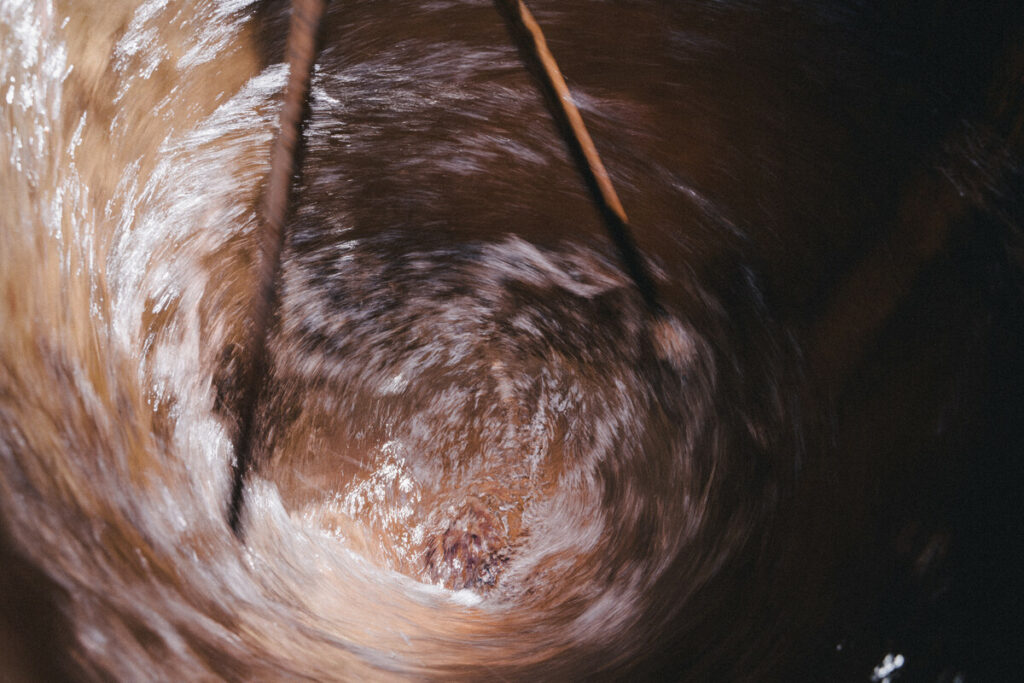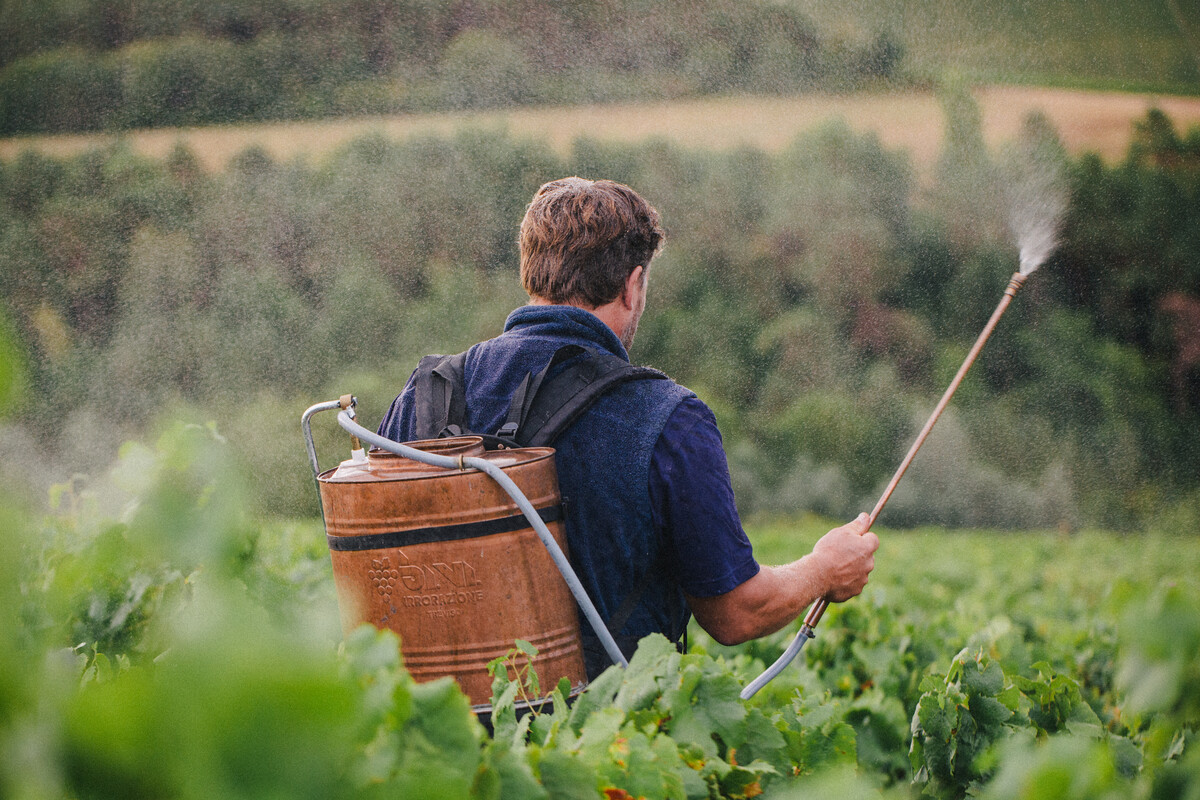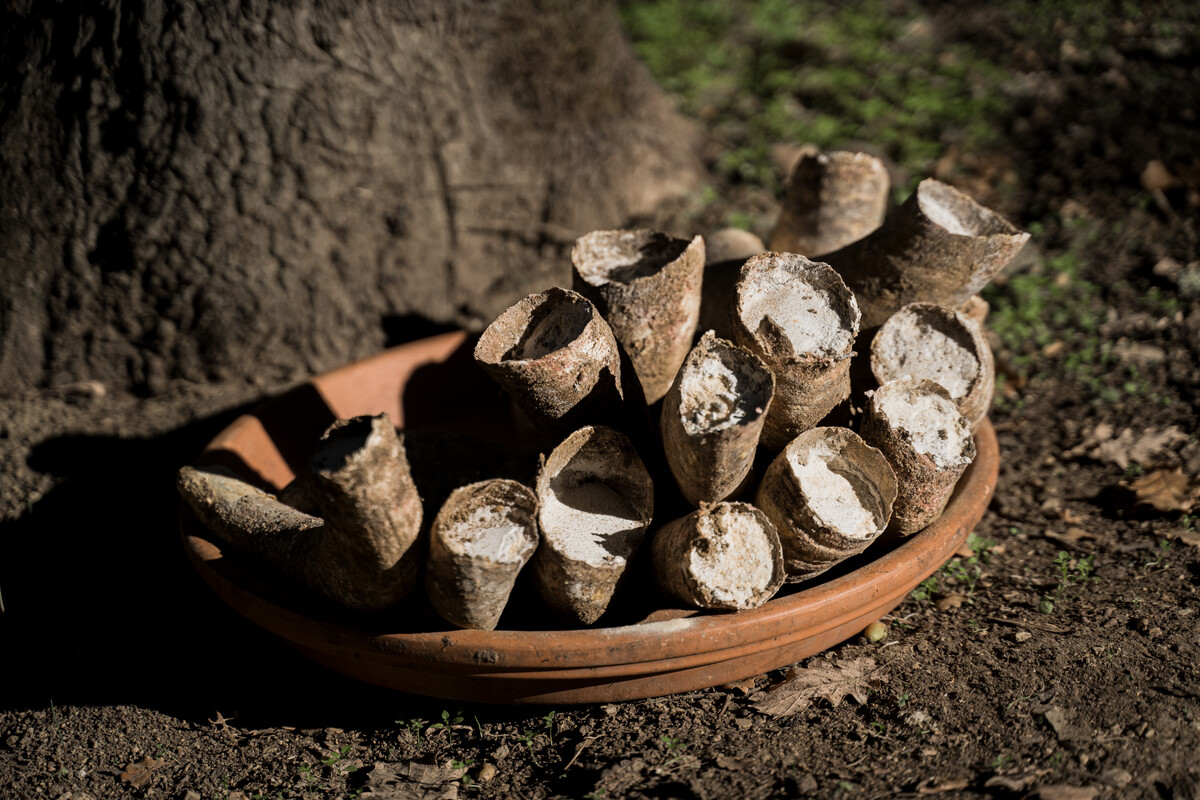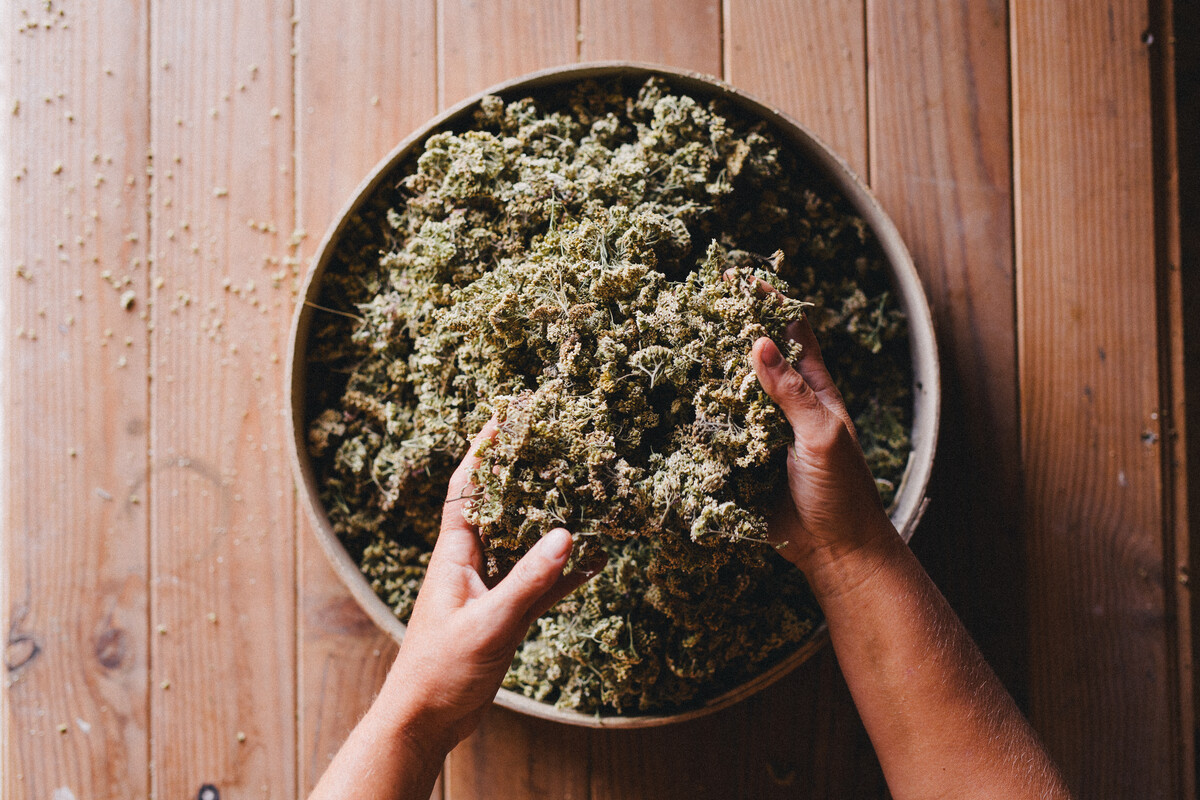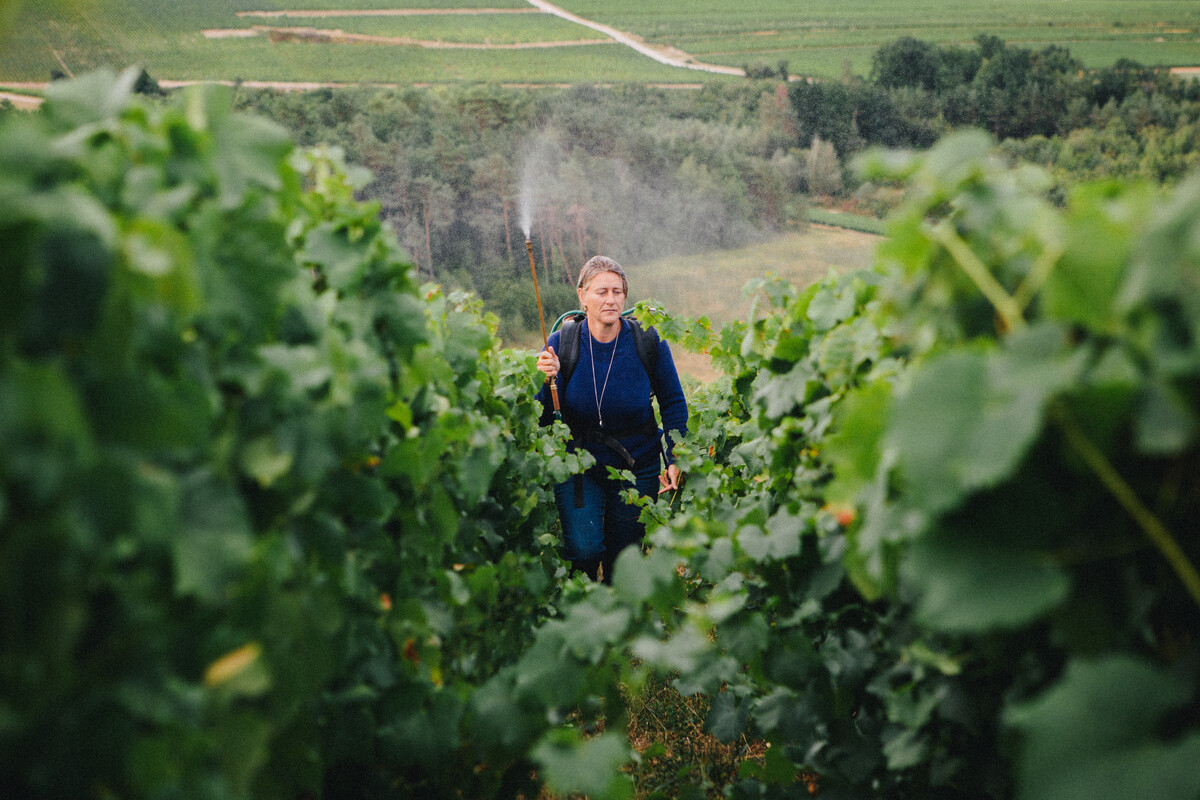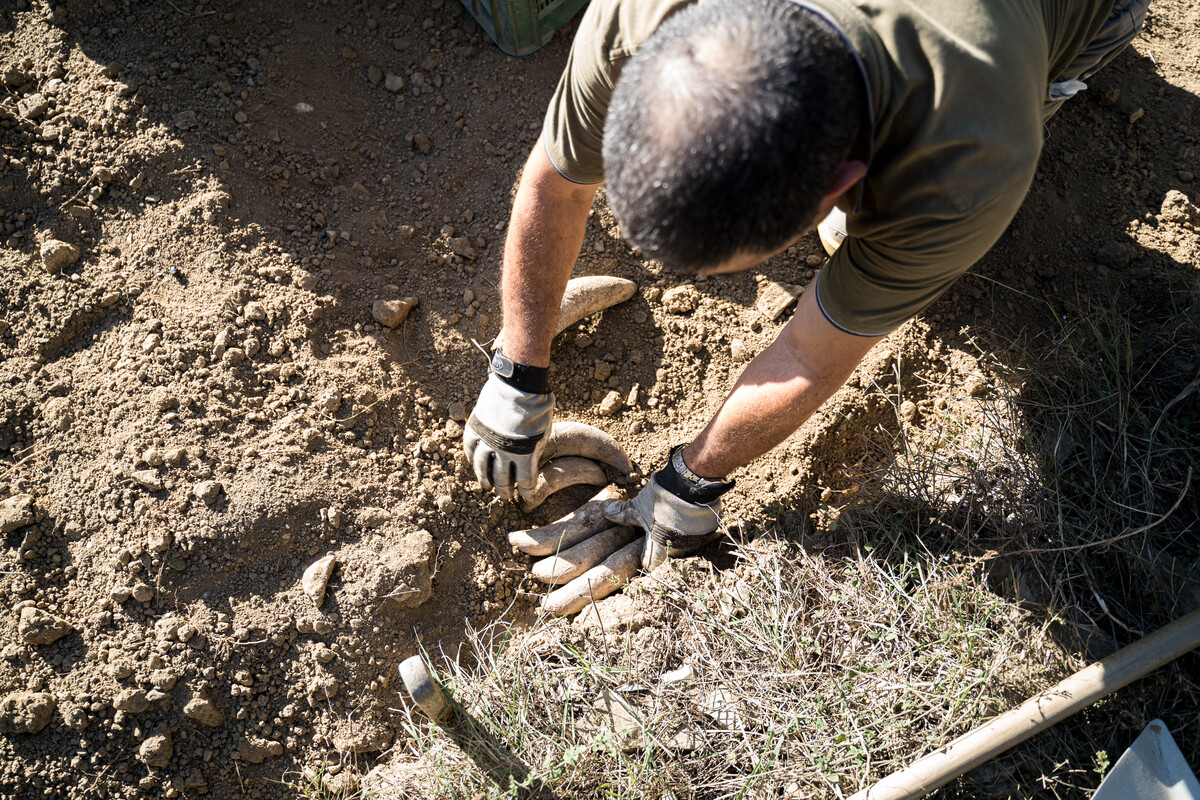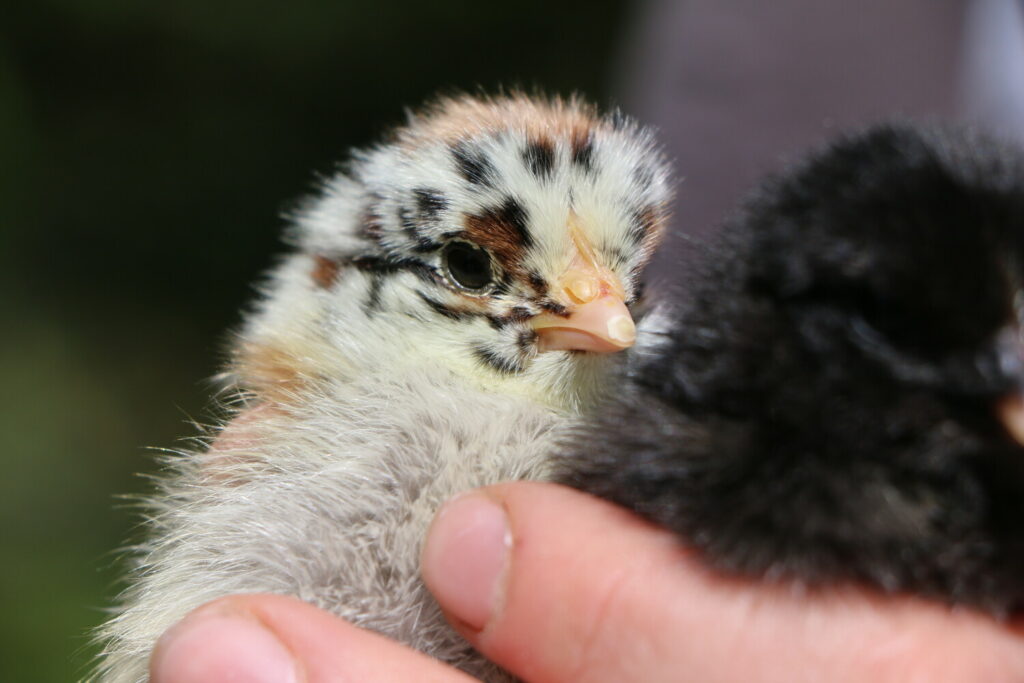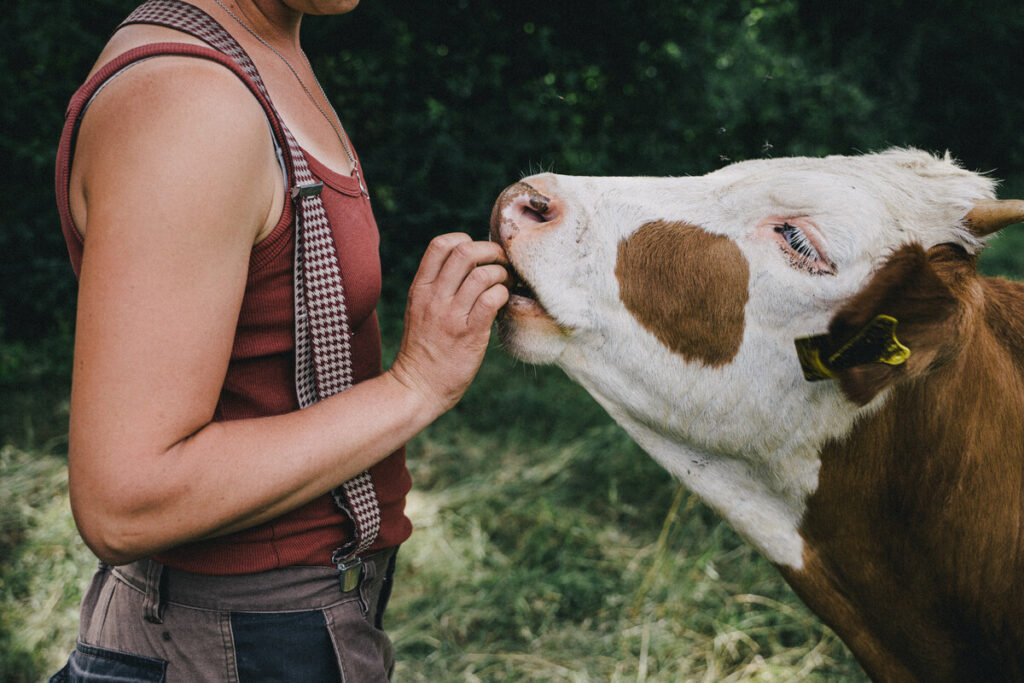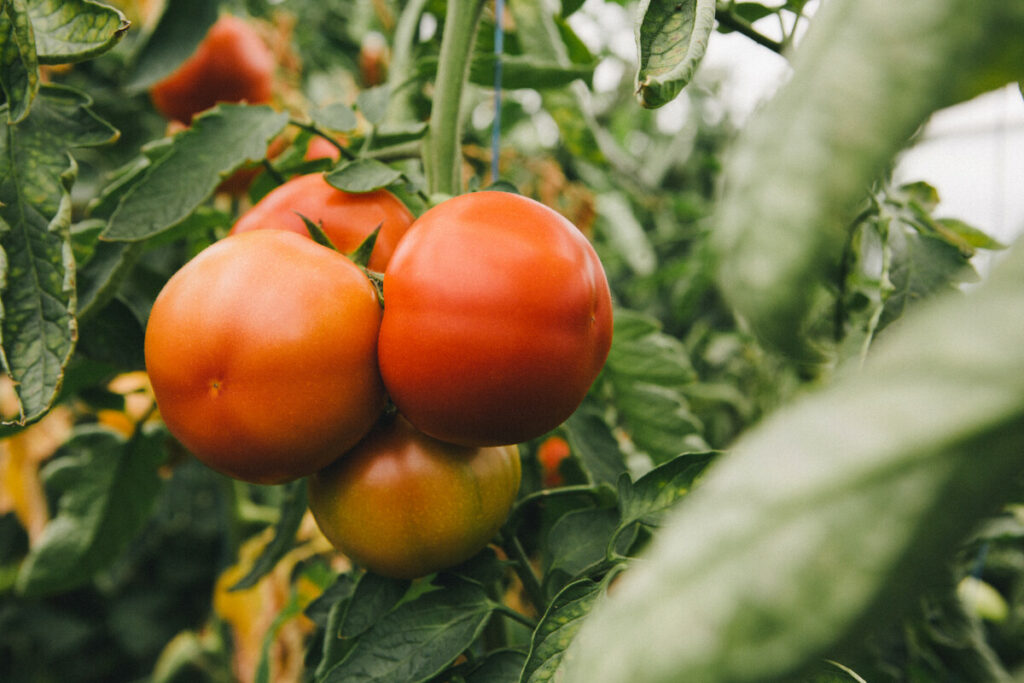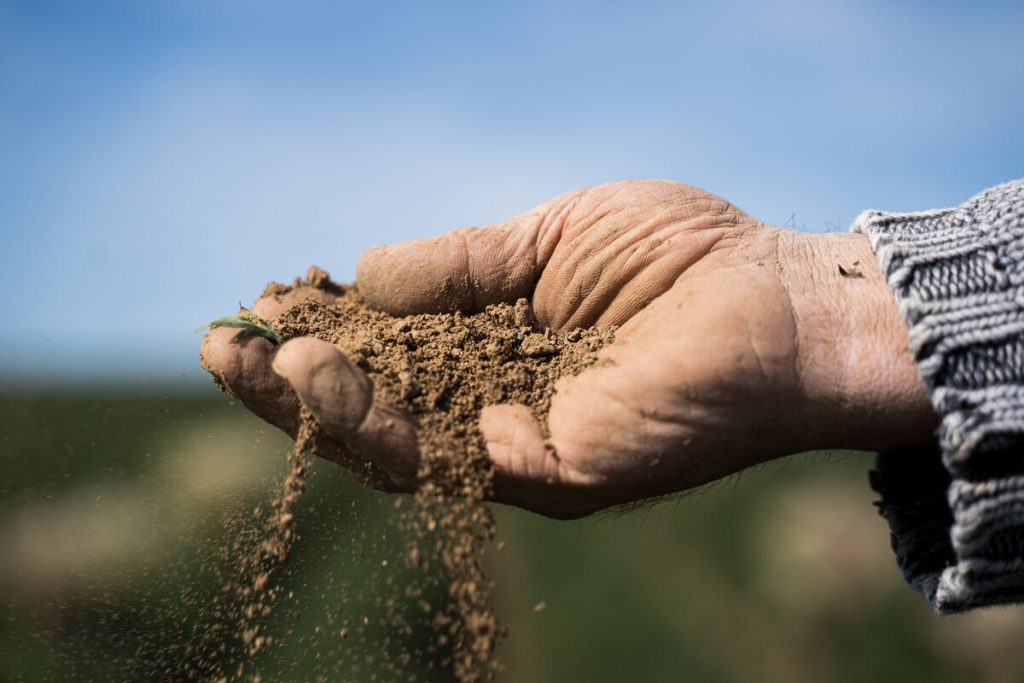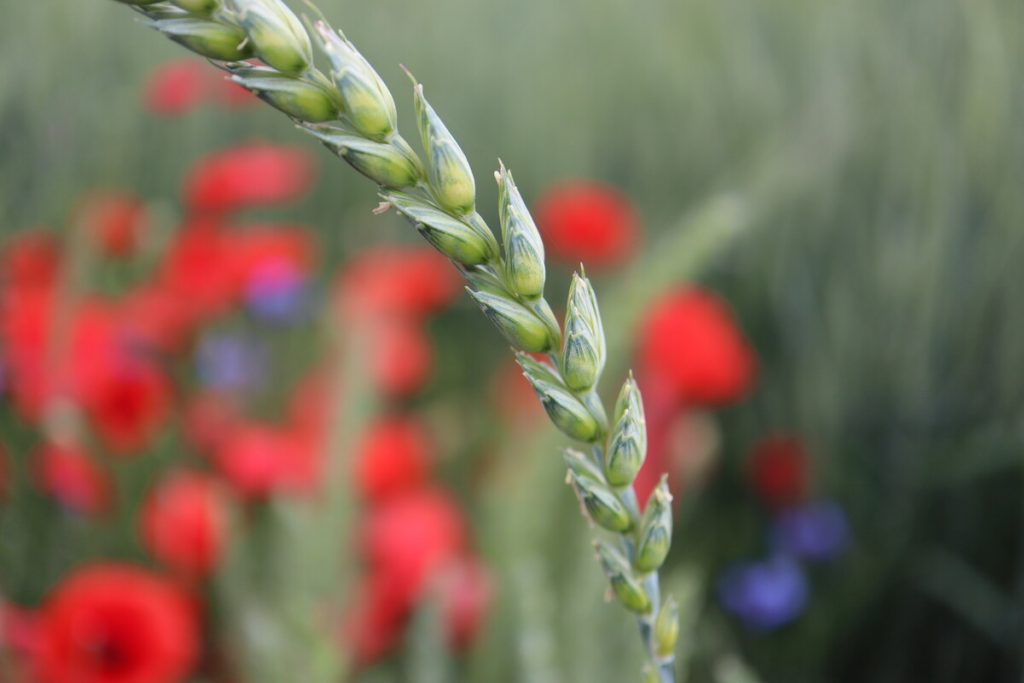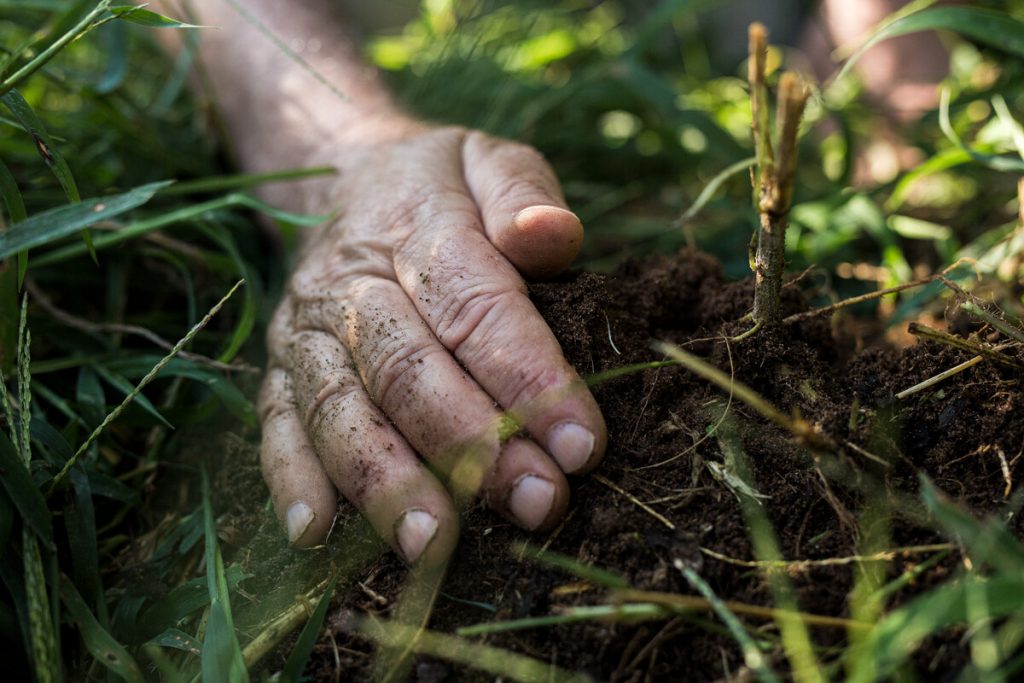Compost Preparations
The first type of preparation is for compost which is enhanced and enlivened through the use of six preparations made from yarrow, chamomile, stinging nettle, oak bark, dandelion, and valerian. Each of these medicinal herbs are transformed through a unique process of fermentation. They are added in small quantities to the compost pile just after it is built, and again after it is turned.
Biodynamic preparations strengthen the quality of the compost by stabilising nitrogen and other nutrients, multiplying microbial diversity, and bringing more sensitivity to the composting process.
These preparations help to guide and regulate the decomposition and humus forming processes in the soil, and make plant nutrients (sulphur, potash, nitrogen, calcium, silica, phosphorous) bio-available i.e. available in the organic form needed for healthy plant growth.
Research has also shown that compost preparations increase soil life and promote stronger, more robust and pest and disease resistant plants. Biodynamic compost also brings more carbon into the living realm, helping to restore balance to the climate.
Spray Preparations
In addition to the compost preparations, several biodynamic preparations are applied as potentised liquid sprays to bring healing, vitality, and sensitivity to farms and gardens.
Made up of horn manure or silica, that also undergoes a fermentation process, they are prepared by rhythmic stirring in water and sprayed onto either soil or plants depending on the growing cycle and time of year. Stirring is done with small amounts of preparations and at certain rhythms, which is why working with the preparations is also called homeopathy for the soil
The sprays either enhance the life of the soil and the relationship between soil and plants (increasing plant immunity) or strengthen photosynthesis and enhance ripening.
The use of preparations is mandatory for every Demeter farm and often farmers team up to produce them together.
To find out more booklet focuses on the main results published in academic scientific journals on the physical, chemical and microbiological properties of the biodynamic horn manure preparation (500) and its effects on soil and plant physiology, have a look at our research page.
